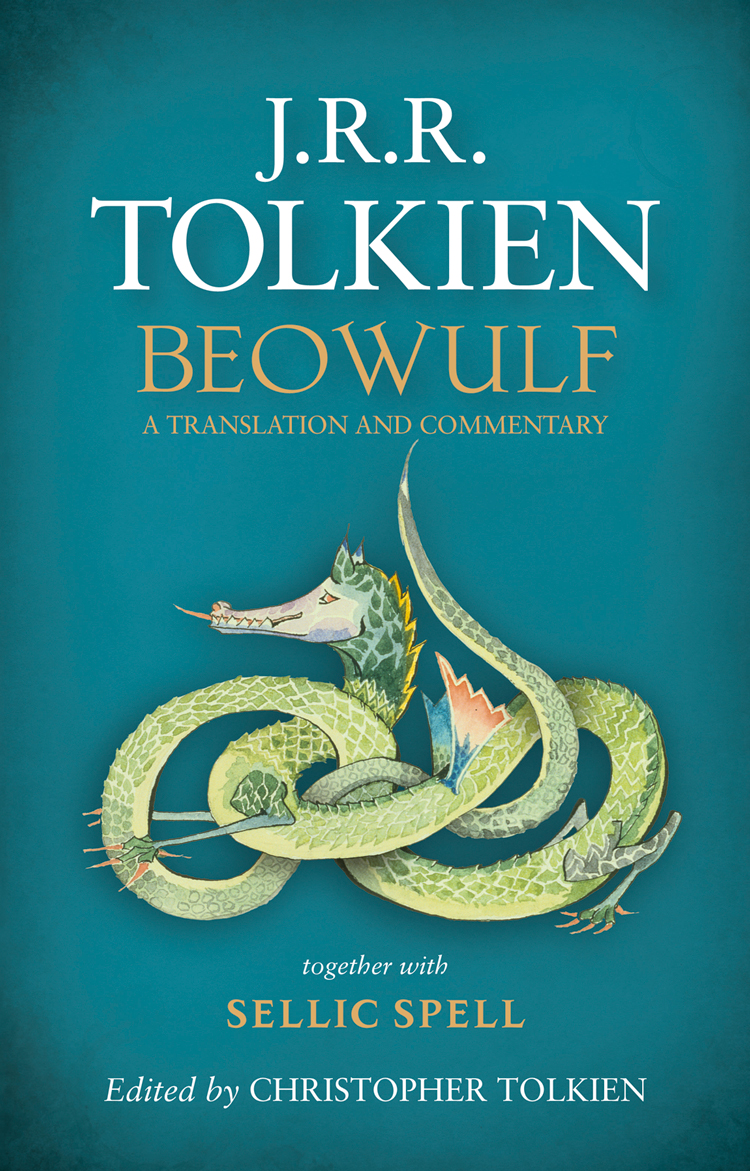
Beowulf
A Translation and Commentary
کتاب های مرتبط
- اطلاعات
- نقد و بررسی
- دیدگاه کاربران
نقد و بررسی

May 26, 2014
More than a decade before writing The Hobbit, Tolkien completed his translation from the Old English of this epic poem, whose influence on his Lord of the Rings Trilogy is well known. Tolkien continued to refine the phrasing even after 1926, but this renditionâedited by his son Christopher and published for the first timeâwill delight fans. Tolkien conveys both the pageantry of the fifth-century Danish court and the physicality of the battle between Geat hero Beowulf and man-eating monster Grendel. His alliterative phrasingâ"biting the bone-joints...great gobbets gorging down," "a dragon, even he who on the high heath watched his hoard"âfinds some of the same poetry in the archaic prose as Seamus Heaney's celebrated 2000 translation. In Beowulf's fight to the death with a gold-hoarding dragon, readers familiar with Tolkien's fiction will see a precursor of his dragon nemesis Smaug. Editor Tolkien includes lengthy commentary extracted from his father's lectures at Oxford University, as well as "Sellic Spell," a previously unpublished fantasy that imagines Beowulf's biographical backstory, and "The Lay of Beowulf," two versions of a poem on the epic's theme. Scholars will no doubt continue to debate Tolkien's interpretation, but lovers of Tolkien's work will agree that this is a book long overdue.

June 15, 2014
Given the seminal role of J.R.R. Tolkien's 1936 essay "Beowulf: The Monsters and the Critics" in transforming our reception of the Old English epic Beowulf from linguistic artifact to serious literature, it is a noteworthy occasion when Tolkien's own translation appears in print. The author's son and literary executor has edited this translation, which includes textual notes and commentary drawn from his father's unpublished lectures. The translation dates around 1926 and is written in prose, providing handy crib notes for those with access to the Old English version. Invaluable is the lengthy commentary provided, which draws from 40 years of reading, thinking, and teaching. It reflects less a scholarly apparatus than the book's series of reflections in which the elder Tolkien reveals that he felt he had something personal to add to our understanding of the narrative, the language, or the culture. Also included is the text of "Sellic Spell," an imaginary Beowulf story composed in the spirit of the folk material by Tolkien. VERDICT For Tolkien aficionados this is an important addition. Readers seeking a literary verse translation of Beowulf, however, are better served reading those by Dick Ringler, Seamus Heaney, or Michael Alexander. For the scholarly reader the commentary represents a rich resource.--Thomas L. Cooksey, Armstrong Atlantic State Univ., Savannah
Copyright 2014 Library Journal, LLC Used with permission.

























دیدگاه کاربران